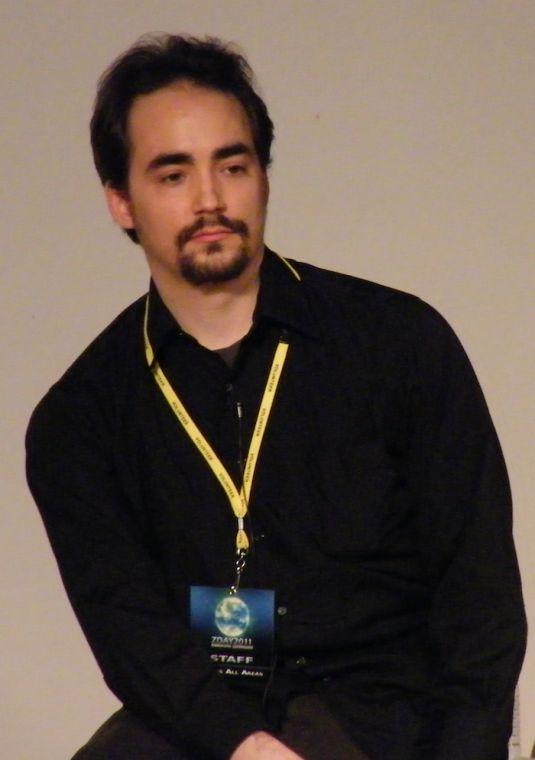Last Saturday was the annual Z-Day. No it’s not about zombies. Z-Day is a sort of TED talk-like annual event for the Zeitgeist Movement, where activists and revolutionaries gather and give lectures about poverty, corruption, war, the state of technology and new economic models.
The Zeitgeist Movement is the most fascinating social movement to arise in my lifetime and deserves more attention than celebrity drama. Students should be interested in what the Zeitgeist Movement has to offer because it is the first movement to address not just our local and national problems, but global systemic problems.
With a whole new generation entering the workplace, it is important for Millennials to seek out alternative ideas to address problems caused by our parents and ancestors.
Peter Joseph founded the Zeitgeist Movement, TZM, in 2008 following the release of his award-winning documentary “Zeitgeist Addendum.” Although Joseph is the founder, he is not the leader. The movement is a leaderless organization that depends on activism and volunteerism.
The movement seeks to use the scientific method instead of faith, dogma or traditional political leadership to push for change. TZM makes it clear that it is not a political movement.
Although the word “revolution” is thrown around daily in politics, the Zeitgeist Movement truly embodies the term.
The Zeitgeist Movement is, in its own words, a global “sustainability advocacy organization” that seeks to address poverty, war, corruption, homelessness, pollution and starvation by addressing what they see as the “root cause” of all of these issues, the global economic system itself.
While thousands of non-governmental organizations, charities and government programs address war, poverty, corruption and hunger directly, TZM sees all of these issues as “symptoms” and not the problems themselves.
The driving force behind the world’s problem is our outdated social system. While markets and governments are used to guide humanity, TZM advocates a shift from a monetary-based economy to a “Resource Based Economy,” RBE, because the movement views our current economic model as outdated.
Futurist Jacque Fresco developed and proposed a RBE as a model for a post-scarcity society that is possible due to the exponential growth of technology. Instead of fighting for jobs, the movement seeks to eliminate jobs through automation and eliminate scarcity of goods and services through abundance.
Another major cause for the movement is to declare all the world’s resources as the common heritage of all the peoples of the world. In the long run, they also seek to see governments and money become obsolete and eliminated.
While this sounds like another utopian pipe dream, the movement has attracted futurists, engineers, economists, politicians and activists.
The best example of a resource-based economy would be the military. The military has many of the greatest minds and hardest working people on earth, yet they are not rewarded through the market for their work. Moving away from a profit-driven culture to an empathic culture is a major tenant of the movement.
The movement seeks to change the economic system instead of the political system because their view is that political systems are an outgrowth of economic systems.
Although the movement is in its infancy, I am optimistic that it may become a major movement that the establishment can’t avoid.
The world that the Zeitgeist Movement envisions is hard to imagine because it has never existed but with automation and technology eliminating jobs quicker than replacing them and goods and services becoming cheaper than ever, it is only a matter of time until the current system crashes under the weight of corporate profits above humanity.
The Zeitgeist Movement is one of the only revolutionary organizations out there that is trying to change the world. Instead of just accepting poverty and hunger as a byproduct of our economic system, we should seek to eliminate them entirely by creating a new system.
Students should consider the revolutionary goals of the Zeitgeist Movement because the status quo is the reason why tuition is expensive, jobs are hard to find, poverty exists, wars continue and corruption pollutes daily life.
We need to stop voting for change and as Mahatma Gandhi put it we must become the change we want to see in the world.
Joshua Hajiakbarifini is a 24-year-old political science and economics senior from Baton Rouge.
- Founded by Peter Joseph in 2008
- Currently over 500,000 supporters worldwide
- 400 Z Day events.





